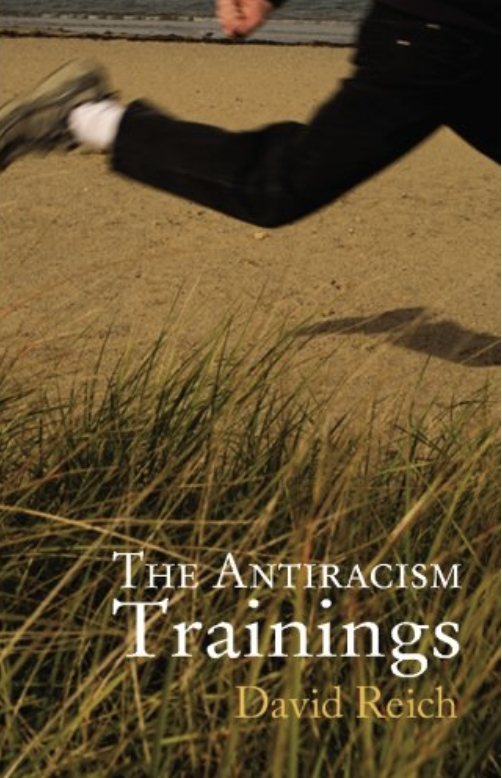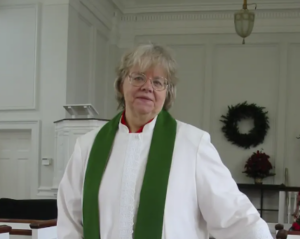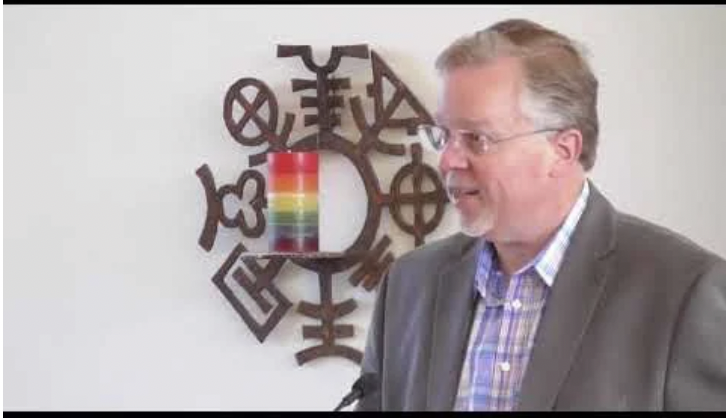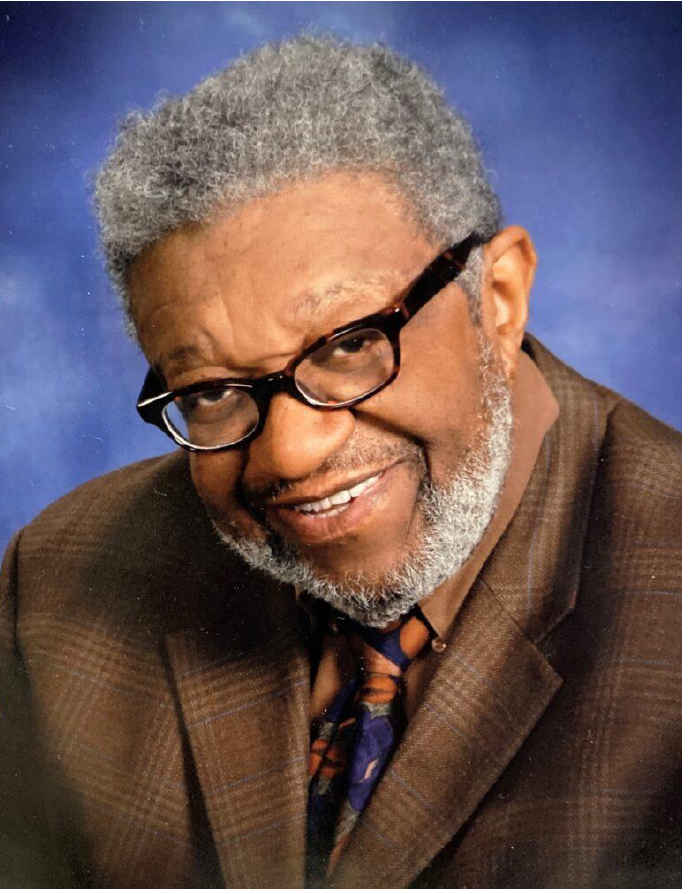A Remembrance of Rev. Dr. Finley C. Campbell
By Dick Burkhart, PhD
Many in the Unitarian community will have heard of and been inspired by the tireless fight for racial harmony led by the Rev. Finley Campbell. In this tribute (reprinted here from the January 2024 Liberal Beacon, Unitarian activist Dick Burkhart shares his memories of the late Dr. Finley Campbell.
I was at a plenary session of the 2017 General Assembly of the UUA in New Orleans when Finley Campbell got up to speak in protest against how former UUA President Rev. Peter Morales had been treated by the UUA Board and others in leadership after a so-called “hiring controversy”.
I too had great respect for Peter Morales from my years of justice advocacy with UUs for a Just Economic Community, and I was trying to figure out what the hell had happened and why. So when this principled black man of obvious courage spoke, defying attempts by the Moderator to shut him up, I took notice.
At the conclusion of his short speech, Finley invited attendees to join him that evening to ride with him on a New Orleans streetcar. Why? I wondered, but I was intrigued, so I took him up on that offer. Turned out that I was the only newcomer to his little group, showing that the resignation of Rev Morales wasn’t actually about the claims of racism in the hiring process, but that a powerful and ruthless faction had captured the UUA, a faction that few dared to question.
In fact, this was my first exposure to cancel culture. It turned out that Finley’s streetcar ride was just to demonstrate how much progress there had been on racial issues since the Civil Rights era of the 1960s. Namely, the streetcar was integrated – the era of Jim Crow segregation was long past, contrary to the astounding claims of this faction that little or no progress had been made. After that ride, we all went out to dinner together. That’s when Finley explained the divisions in the black leadership and I decided to join his team,
I read book after book, learning that Finley’s “multiracial unity” was deeply grounded in our UU principles, whereas the faction in power was strong, but stealthy, hiding its anti-UU ideology. Finley had not studied Critical Race Theory, but he had this faction all figured out, particularly the anti-white dogma at the heart of its supposed anti-racism.
Finley’s great strength was his eagerness to find common ground with others and to organize to defend our UU principles. He became a beacon for those had been cancelled or oppressed by what today are called woke ideologies, such as the neo-racism that was his focus.
Finley described himself as a Marxist/Christian UU, but he was fine with non-Marxists and non-Christians, showing what is today a rare strength of character. As such he became a mentor to me and many others.
We will carry forward his mission to all humanity in a time of increasing societal turmoil, propelled by escalating inequality nationally and by the surging forces of ecological and civilization collapse globally. May Finley Campbell not rest-in-peace but forever in the uplifting activism for the beloved community that he so cherished.




